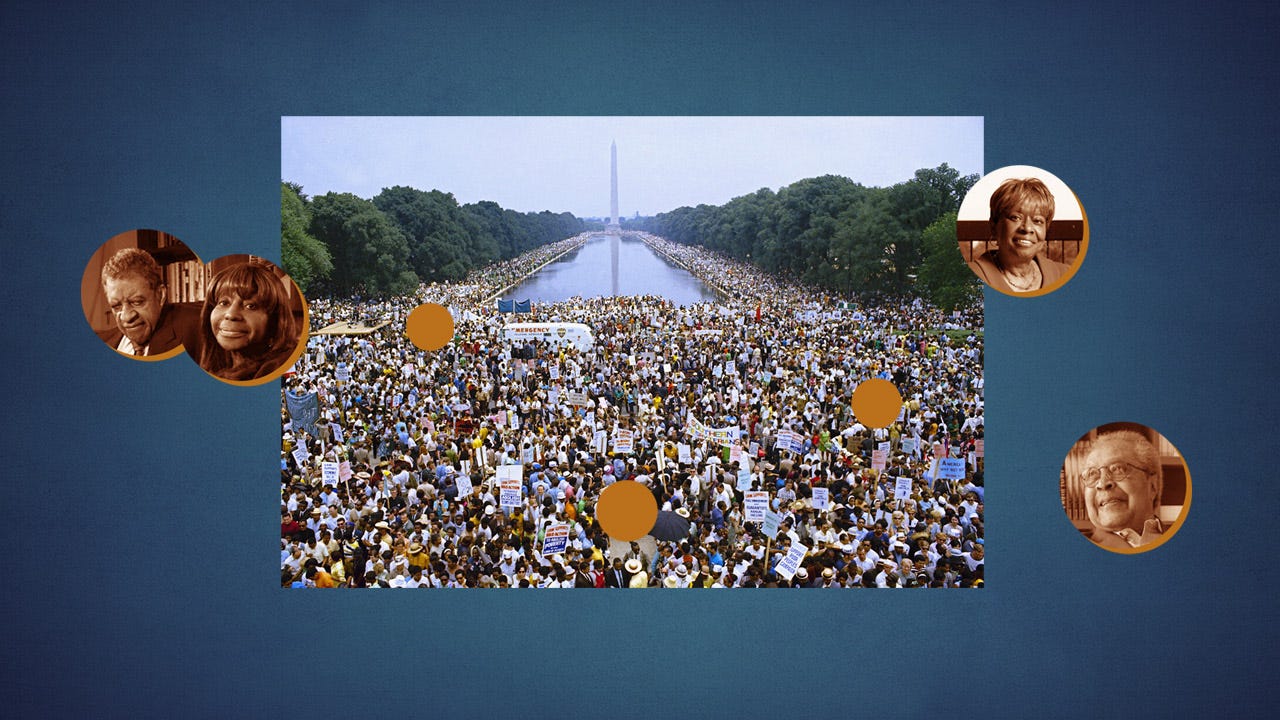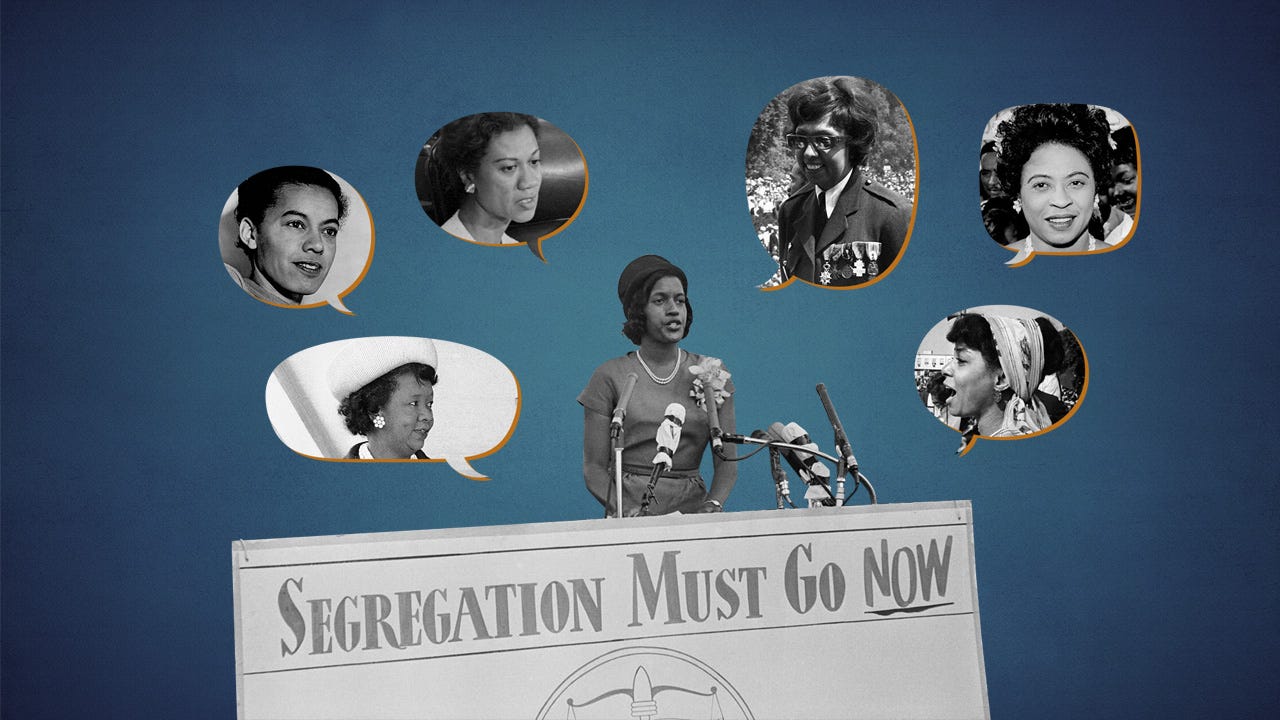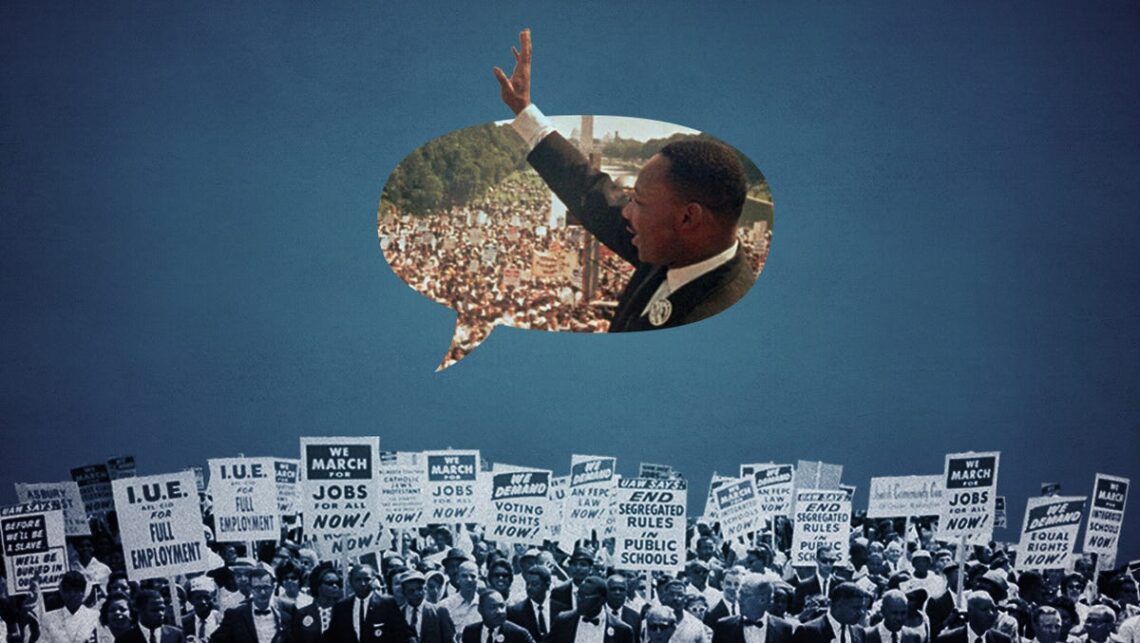The March on Washington for Jobs and Freedom brought together a legion of speakers pivotal to the Civil Rights Movement. A quarter of a million people were there.
Decades later, the “dream” of one civil rights titan is what echoes in the minds of Americans who think of the iconic march.
“I have a dream,” Martin Luther King said.
Those four words stand out in a speech that touches on myriad topics. Economics, police brutality, peaceful protests, voting – both the right to vote and something to vote for – and, of course, an end to racism.
In 2023, three years after a summer of protests in the wake of multiple incidents of police brutality, in a year where some states are looking to restrict lessons on Black history, has the United States made sufficient progress toward the dream?
To recognize 60 years since King delivered his most iconic speech, USA TODAY spoke with people who were there, experts in the Civil Rights Movement, King’s daughter Bernice King, and those who’ve fought against discrimination that endures decades after King told tens of thousands of his dream. There’s still work to do to achieve King’s vision, they said.
MLK Jr.’s daughter remembers his ‘I have a dream’ speech
60 years after the March on Washington, Martin Luther King Jr.’s daughter Rev. Dr. Bernice A. King reflects on his iconic ‘I have a dream’ speech.
Jasper Colt and Anthony Fox, USA TODAY
Witnesses to The Great March spoke about what they experienced that day and reflected on the progress — or lack thereof — the United States has made toward King’s dream. Read the story

Activists including Anna Arnold Hedgeman, Dorothy Height and Pauli Murray pushed male leaders to allow women to speak at the 1963 March on Washington. Read the story





